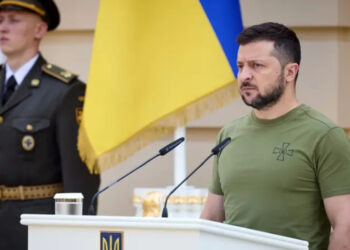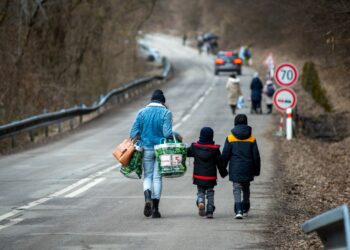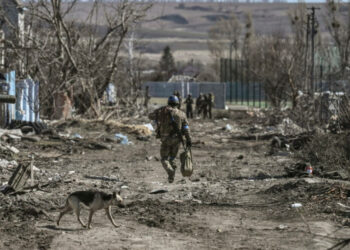The Russia-Ukraine war has redefined not only global security, but also global economics.
Barely two years into the COVID-19 pandemic, countries around the world must deal with even more economic uncertainty due to rising gas and oil prices and haywire stock markets.
For instance, the National Institute of Economic Research recently estimated that the war could decrease global GDP by 1 percent by 2023, which is equivalent to around $1 trillion. According to the same publication, the Russia-Ukraine war could increase global inflation by up to 3 percent in 2033, and about 2 percentage points in 2023.
Human Costs
As disturbing as the economic costs of the war are, there are deeper, human costs that are even more distressing. One particularly vulnerable group includes women and children. While Ukrainian men are staying behind to fight, Ukrainian women are on the move attempting to flee, often alone.
The IRC has warned that Ukrainian women and children could be at the risk of exploitation, abuse, and human trafficking, exacerbating existing gender-based violence issues in the country.
A 2019 study by UNFPA showed that 75 percent of Ukrainian women have experienced some form of violence since age 15, and one in three reported experiencing physical or sexual violence.
Due to seriously damaged or destroyed health infrastructure in many parts of the country, sexual and reproductive health services are similarly disrupted. In the next three months, 80,000 Ukrainian women will give birth, and many will be without access to basic maternity services.
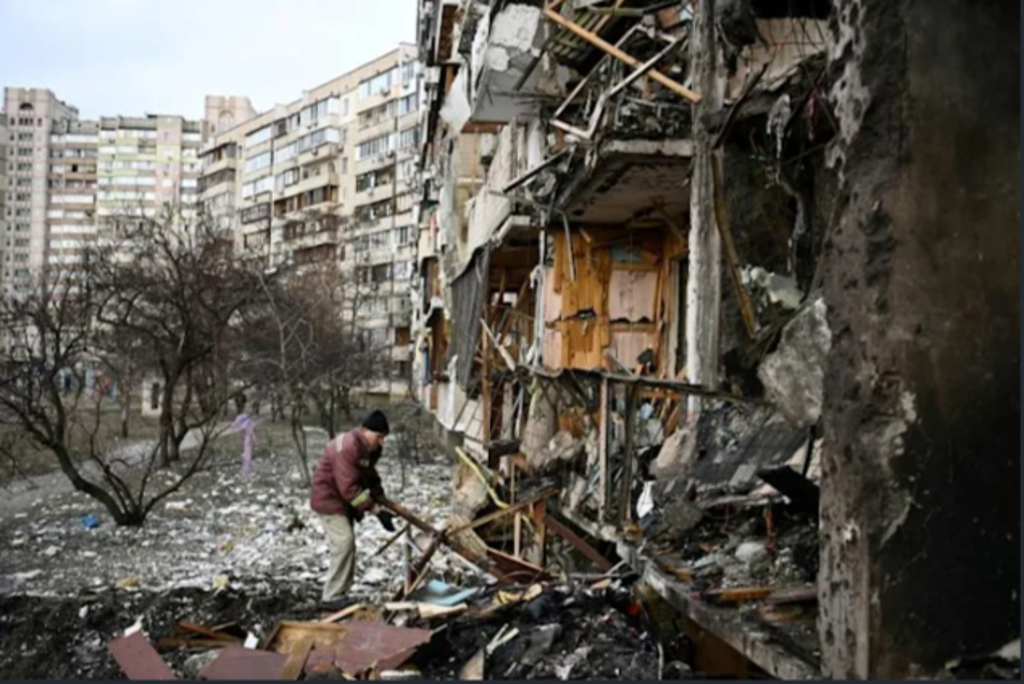
Beliefs and Mindsets
Beyond its immediate effects, the Russia-Ukraine war will also have long-term effects on Ukrainians’ beliefs and mindsets, just like World War II changed – and continues to change – cultural attitudes in Europe more broadly.
Using evidence from World War II covering Belarus, Bulgaria, Czech Republic, Estonia, Hungary, Latvia, Lithuania, Moldova, Poland, Romania, Russia, Serbia, Slovakia, Slovenia, and Ukraine, recent research shows that people who today live within 15 kilometers of former battle locations are less likely to participate in political protests, petitions, or strikes, less likely to be members of a political party, and less likely to meet with friends on a regular basis.
On the bright side, the article also shows that those exposed to war are also more likely to agree that effort and hard work, or intelligence and skills (as opposed to political connections or breaking the law) are important for success.
The article also shows that those who live close to former World War II battle locations report being more satisfied with their lives in the long term. Whether the latter result will apply to those surviving the Russia-Ukraine war is not clear.
Ukraine (along with Russia and other Eastern European countries) is consistently found at the bottom of life satisfaction tables, with scores lower than much poorer countries such as Senegal and Bangladesh.
Differences Within Ukraine
It is also unclear whether attitudes and beliefs will be equally affected by war in Eastern and Western Ukraine. Research shows that as early as 2010, those living in Eastern Ukraine were more than 35 percent less likely to be in favor of a market-based economic system and 42 percent less likely to support democratic institutions.
But geographic and cultural differences within Ukraine are not the whole part of the story. Households who were hit hardest by the Great Recession were most disappointed with the market economy and this was particularly so in the West.
In contrast, in Eastern Ukraine the declining support for market economy was unrelated to crisis exposure. The disillusionment with markets among Western Ukrainians was stronger for households who, because of the financial crisis, had to cut down on food consumption, education or had to delay payments on utilities and loans.
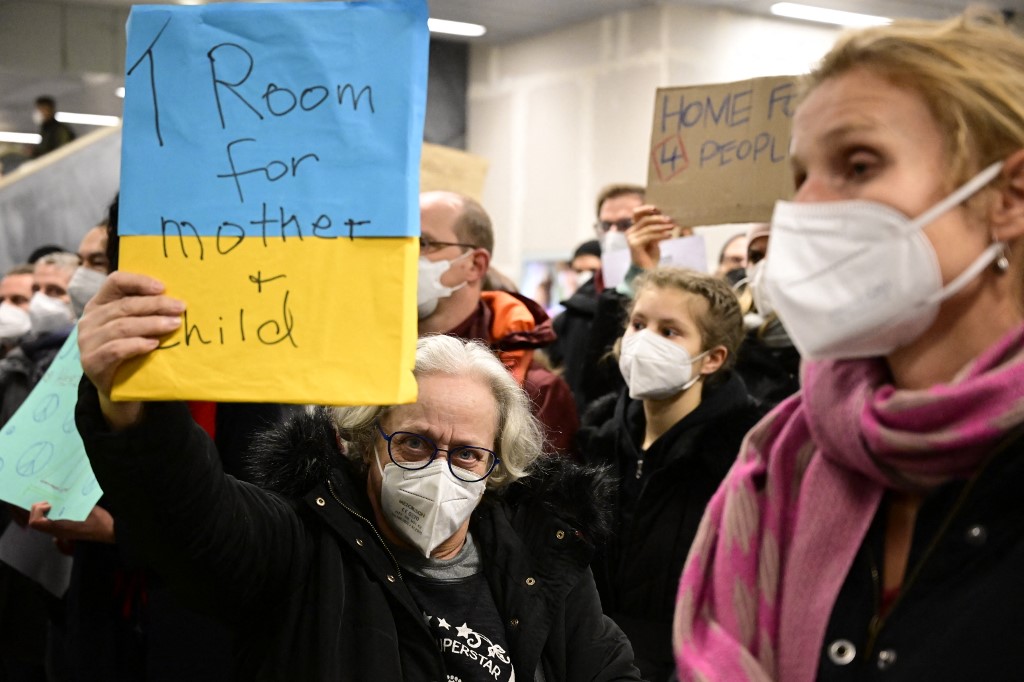
Costly for Everyone
Only time will tell if the economic hardships of the Russia-Ukraine war will push Ukrainians away from democracy and market economies, or rather make them even stauncher supporters of the liberal order.
Without a doubt, the Russia-Ukraine war will be costly for everyone: Russians, Ukrainians, and the rest of the world.
We will also not be able to know the full scale of the economic, human, and cultural effects of the war for a while. To save the lives and minds of generations of Ukrainians, the whole world must do whatever it takes to stop the war now.
Disclaimer: The views and opinions expressed here are those of the author and do not necessarily reflect the editorial position of The Globe Post.




